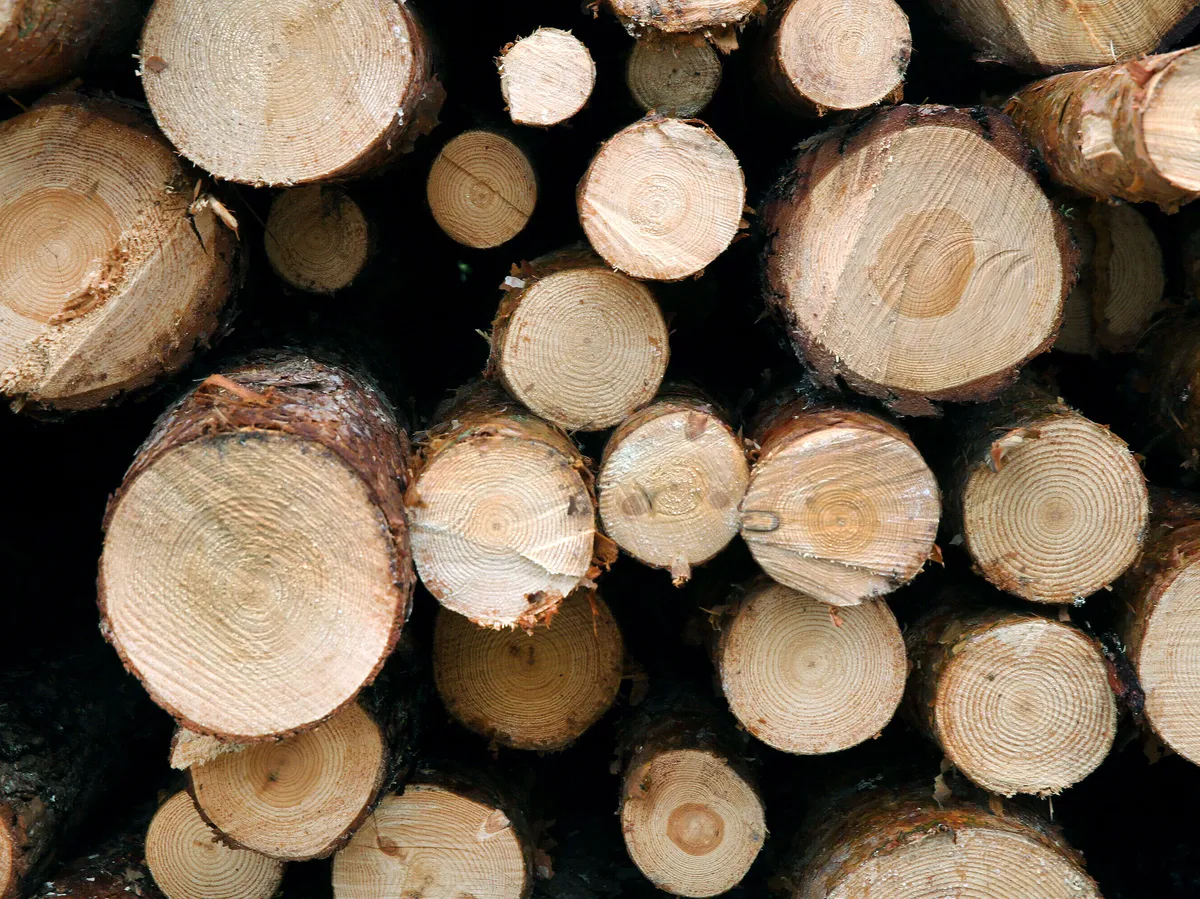The ongoing use of carbon dioxide emissions and excessive logging will make it impossible for Finland to achieve the goal of carbon neutrality outlined in its climate act by 2035, according to journalist Varpu Sairinen. Tax breaks for burning biomass, such as wood, are a problematic issue from an economic, environmental, and legal standpoint.
In contrast to fossil fuels and peat, the Finnish government does not currently impose taxes on the use of biomass for heating. By subsidizing the use of wood-based fuels with this policy, Finland loses tax revenue of 480 million euros annually. With this amount, the government could have eliminated many cuts in housing allowance (355 million) and frozen index increases to basic daily allowance and study support (the state’s share is 180 million).
According to a report by consulting company AFRY commissioned by the Government Office, a tax of around ten euros per megawatt-hour would speed up the transition from biomass to heat pumps and electric boilers. However, contrary to what many bioenergy companies claim in their marketing materials, burning wood is not environmentally friendly nor emission-free. In fact, carbon dioxide emissions from wood are even higher than those from coal. This is especially true in district heat production.
Finland has changed from a sink of greenhouse emissions to a source due to current logging volumes. AFRY’s report suggests that taxing biomass could help reduce these volumes. In 2022, over 60% of wood biomass harvested from Finland’s forests will ultimately end up as burned energy. Burning wood can actually increase carbon emissions compared to fossil fuels due to increased emissions and reduced carbon sinks. This undermines Finland’s own laws aimed at achieving carbon neutrality by 2035.
Therefore, instead of using tax breaks to support cutting down forests for energy purposes, the state should focus on reducing logging volumes through effective policies such as taxation on biomass usage or promotion of emission-free forms of energy like solar or wind power.



